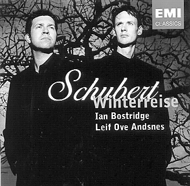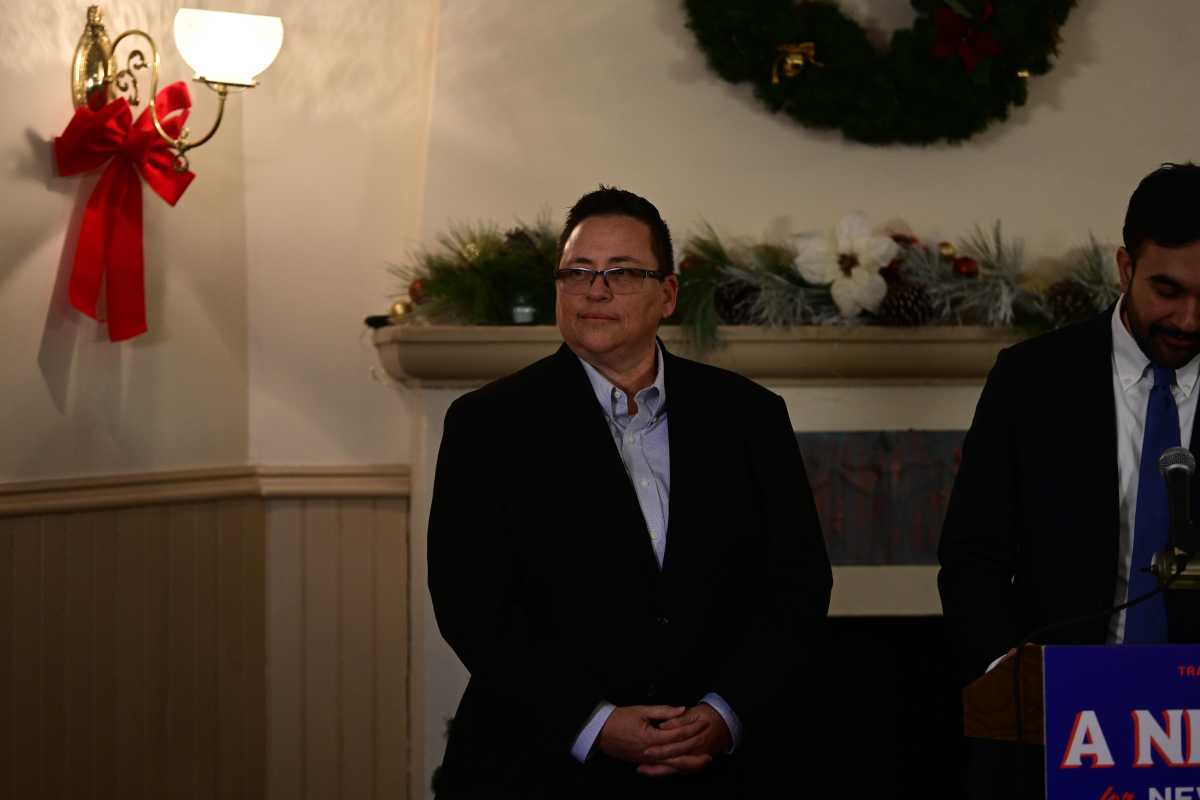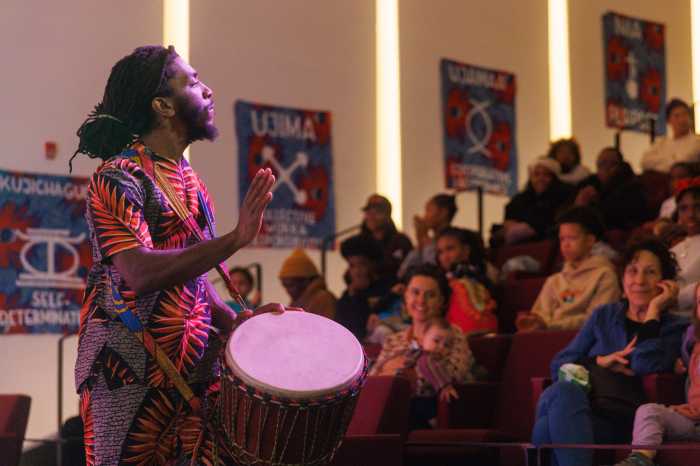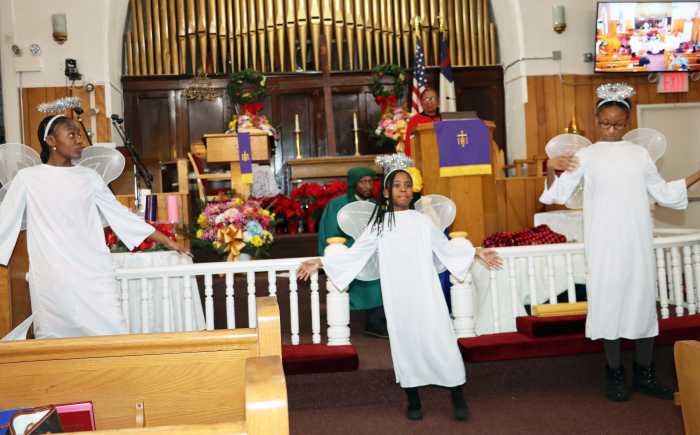Carnegie Hall plays host to recital of Schubert’s final, mournful song cycle
The history of contemporary “Winterreise” performance is generally associated with a legacy of baritone recordings that extends from Gerhard Husch through Hans Hotter, Dietrich Fischer-Dieskau and Matthias Goerne, with the addition of an incomparable version from soprano Lotte Lehmann. Consequently, it is easy to overlook that the cycle was originally set for tenor, though the range designation seems not to have been crucial in Schubert’s mind. He had downwardly transposed three of the songs for either baritone or contralto at the time of his death, and had previously dedicated his tenor cycle “Die schöne Müllerin” to baritone Baron von Schönstein. What Schubert considered primary was the energy singer and pianist brought to his songs.
Performing the cycle is no easy task. Besides the vitality and focus necessary to sustain a performance that can last more than 80 minutes, the ability to imbue Schubert’s frequent strophic repetitions with interest demands artistic integrity of the highest order. You can alter tone and dynamics in thousands of different ways, or vary tempo until hell freezes over, but if your performance does not transcend technique to transport the listener to a state of universal identification with the protagonist’s plight, the interpretation falls short.
Tenor Ian Bostridge and pianist Leif Ove Andsnes have just recorded the songs on EMI, paving the way for European and U.S. performances. Their recording adds to a discography that includes tenors Peter Schreier, Jon Vickers, Bostridge’s fellow Englishman Peter Pears and most recently Christoph Prégardien.
If the 1963 pairing of Pears and his life-companion Benjamin Britten on Decca continues to reign supreme, perhaps illuminated by an inner identification with the suffering Schubert was forced to voice in heterosexual terms, the modern version from Bostridge and Andsnes offers far more beautiful sounds.
I confess that Bostridge and Andsnes leave me cold, and not in the way Schubert intended. Certainly Bostridge possesses a most beautiful voice. Guided by great intelligence, his instrument retains the freshness and ease of youth. When, as in the last verse of the first song, he intentionally and sparingly softens his instrument to emit caressingly sweet sounds, his singing possesses a pathetic fragility that goes straight to the heart.
Elsewhere, however, the tendency to underscore words with pregnant emphasis seems more precious than genuine. Especially when Bostridge veers over the top with emotion, despoiling songs such as “Der greise Kopf” (“The Hoary Head”) with a near hysteria that seems far more appropriate for “Salomé” than Schubert, I find myself parting company. With his “listen to how important this word is” approach continuing through the final, deathlike song, Bostridge seems guided more by his thoughts about Schubert’s music than by any emotional identification with it.
No one knows exactly what tempos Schubert wished for the songs, nor how much freedom his chosen singers took with rests and phrasing. Bostridge and Andsnes play it safe. Tempi are pretty even, save for the occasional and welcome ritard. Where Britten’s genius consistently illuminates Schubert’s piano line, underscoring phrases that either answer the singer or set the primary tone, Andsnes chooses to contain himself, a wise move considering Bostridge’s over-emoting. There is some beautiful bell-like tone in “Die Krähe” (“The Crow”), but for the most part, this is Bostridge’s show.
For contemporary interpretations, I find myself turning to two other new recordings. The first, capturing Matthias Goerne and Alfred Brendel live at Wigmore Hall on Decca, has received much critical acclaim. To these ears, their interpretation is far more nuanced than Goerne’s recent extraordinary live San Francisco performance of “Winterreise” with Eric Schneider. The voice is gorgeous beyond belief, moving between profound baritone rumbles of despair and higher, melting tones. This collaboration constantly reaches inward to the core pulse of despair.
Equally essential, more so for receiving little attention, is contralto Nathalie Stutzmann’s shattering performance with pianist Inger Södergren on calliope. Hearing Stutzmann’s uncommonly rich, soulful voice convey the essence of Schubert’s suffering makes one mourn that the fallout from 9/11 prevented her from flying to San Francisco in 2002 to record Mahler’s “Kindertotenlieder” with Michael Tilson Thomas.
Stutzmann’s recent Vivaldi performance in Berkeley revealed her wearing a tasteful, iridescent gray pantsuit set off by high-soled, lace-up patent leather shoes so emphatically masculine—singing songs that address relationship with a woman––that I can imagine Gertrude Stein trading one of Alice B. Toklas’ precious recipes for a pair. Her heart-rending timbre and uncommon freedom with nuance and tempo make the interpretation one to treasure. Some of the songs are taken so slowly that only a great artist with unfailing concentration––a gift the great Goerne also shares––could render them so riveting.


































